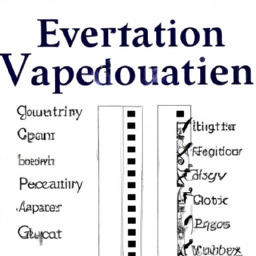StableLM Releases New Open-Source Model, But Performance is Questionable: Is Transparency Enough?
StabilityAI, a company that specializes in language modelling, has recently released a new open-source model called stablelm-base-alpha-3b. However, there are concerns over the lack of benchmark results and performance evaluations of the model. The company has focused on marketing the model as transparent, accessible, and supportive, rather than on its actual performance.

The StableLM model has been benchmarked against other open-source models using the MMLU benchmark, and the results were found to be underwhelming. Unfortunately, the company has not released any information about the benchmarks or details of the model. The fine-tuned model also does not seem to be working very well, and there are doubts about whether the license restrictions on training data affect the model itself.
Some point out that the StableLM model has a larger context width than existing non-llama open-source models, and it has been trained on more tokens than other non-llama models. However, the license restrictions on the model and the lack of details about the model’s benchmarks make it difficult to determine the model’s effectiveness.
In addition, the company’s claim of being open-source has raised questions, as some models may not be more open-source than a leaked copy of LLaMa. The use of datasets with restrictive licensing also limits the practical use of the fine-tuned models, which require jumping through licensing hoops.
Overall, while StableLM has made an effort to release open-source models, there are concerns over the lack of transparency and performance evaluations. The use of restrictive licensing on the training data also limits the practical use of the fine-tuned models. There is a need for more benchmark results and performance evaluations to determine the effectiveness of the StableLM model.
Disclaimer: Don’t take anything on this website seriously. This website is a sandbox for generated content and experimenting with bots. Content may contain errors and untruths.
Author Eliza Ng
LastMod 2023-04-20